
Gender Advancement for Transforming Institutions
Supported by WISE-KIRAN Division, Department of Science and Technology (DST)

Supported by WISE-KIRAN Division, Department of Science and Technology (DST)
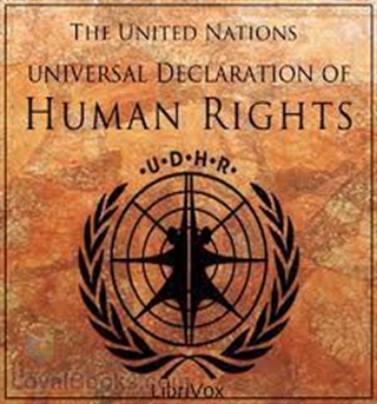
The Universal Declaration of Human Rights (UDHR) were adopted by the United Nations General Assembly in 1948. The Declaration outlined various forms of inalienable rights and freedom for human beings to which all were equally entitled. Envisaging a world of equal respect for all, the Declaration promise economic, social, political, civic and cultural rights. Member nations are required to uphold these rights and freedoms by making suitable policies and legal frameworks for their citizens. Non-discrimination and equality are the core principles of the Declarations. Any form of discriminatory practice on different grounds, including gender is prohibited. Equal treatment is applicable to all aspects of life such as health, food, security, and social protection. Universal Declaration of Human Rights laid ground for various subsequent UN resolutions specifically focusing on gender-based discrimination and violence.
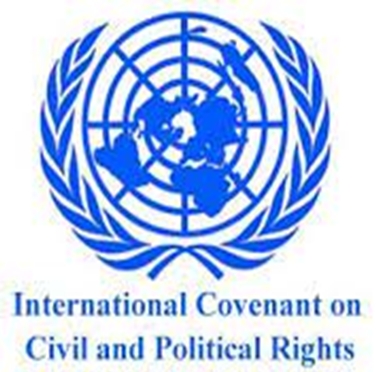
The covenant asserts the belief in equality, dignity and inalienable rights of human beings. It recognizes that the mandates of UDHR can be realised only if certain basic preconditions of equality and freedom are met. Such preconditions are ensured by civil and political rights proposed under this covenant. Right to liberty and security, protection from torture, forced labour, and equality before law are some of the aspects covered under this covenant. Gender equality is a critical part of it. Article 3 states “The States Parties to the present covenant undertake to ensure the equal right of men and women to the enjoyment of all civil and political rights set forth in the present covenant.” Hence all the mandates of the covenant are essentially embedded with the mandate of gender equality.

While various treaties and covenants by the United Nations implicitly uphold gender equality and prohibit discrimination on the basis of sex, Convention on Elimination of all forms of Discrimination against Women (CEDAW) is dedicated to rights of women. CEDAW notes that despite various efforts and commitment by member nations to uphold gender equality, women continued to experience discrimination, violence and lack of equal opportunity. CEDAW urges the member states to ensure equal rights and freedom to women in different but interrelated spheres such as education, employment, healthcare, conjugal matters, social and economic aspects, and to maintain equality before law. Protection of women from violence, trafficking and exploitation is also a critical responsibility of the state. Notably, the Convention draws attention to the need of addressing cultural prejudices and stereotypes associated with gender and gender differentiated roles within families. Special emphasis is laid on preventing discrimination against women in work sphere emerging from their reproductive and caregiving roles. CEDAW mandates the signatory states to formulate/amend their legal and policy framework and create strategies for full development and advancement of women. At the same time, it also states that special measures taken up by the states for upliftment of women are not to be viewed as discrimination against other gender.
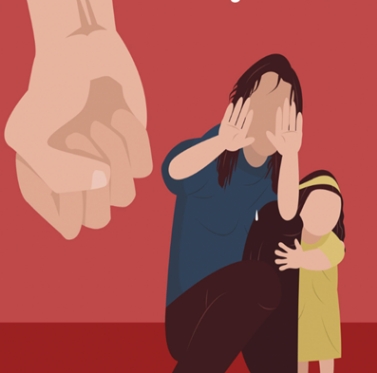
This declaration focussed on the issue of violence against women and its detrimental impact on achievement of global development and peace. Any form of violence experienced by women was an obstacle to realization of various international ideals of equality, freedom and human dignity. The declaration defined violence against women and reemphasized women’s rights such as equality, security, favourable working conditions. The declaration highlighted the role of unequal power dynamics between genders in violence against women. Another critical aspect highlighted by the declaration was intersectionality of gender with other factors that amplified the impact of violence. The states are not supposed to invoke any customary law to justify violence or discriminatory practices against women or avoid obligations towards protection of women.

The Beijing Declaration announced at the Fourth UN Conference on Women held at Beijing in 1995 is a major milestone. It carried forward the agenda of gender equality and development of women. It recognseid the important role of women empowerment and participation on all fronts to achieve all round development of society; and expressed commitment to the ideals of equal freedom, rights, access and opportunity to women and girl children. The declaration was a landmark in gender equality initiatives as it established gender mainstreaming as a collective strategy by ensuring that gender perspective was included and reflected in all policies and programmes. The Declaration recognized men as allies in efforts towards creating a discrimination free and equal strategy. Intersectional issues of social, economic, and environmental factors were recognized as impacting development of women, especially those belonging to rural areas and economically disadvantages sections.
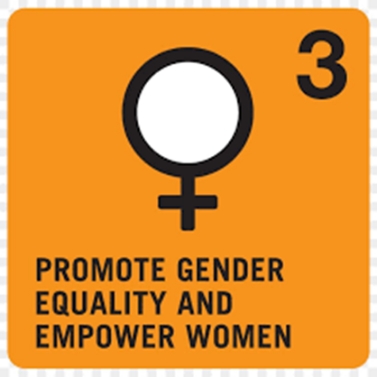
The United Nations Millennium Summit held in the year 2000 resulted in the Millennium Declaration that was adopted by all nations. This addressed multifaceted issues being faced by the world through 8 targeted Millennium Development Goals (MDGs). MDG 3 pertained to promotion of gender equality and empowerment of women. Specifically, this aimed at eliminating gender disparity in primary and secondary education by 2005, and at all levels by 2015. After the 2015 deadline for the MDGs, transformative and action oriented Sustainable Development Goals were adopted to further the commitment towards development and progress.
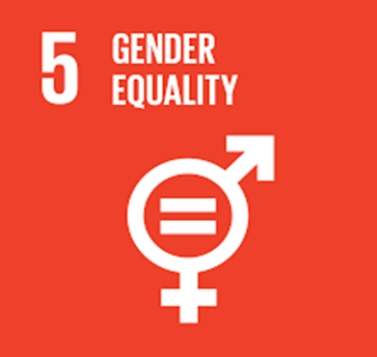
In 2015, the United Nations formulated the Sustainable Development Goals (SDGs) to carry forward the unfinished agenda of the Millennium Development Goals (MDGs.) The core objective continued to be achieving dignity and equality of all human beings. The SDGs are driven by a transformational vision and recognise the integrated nature of development in three dimensions, social, economic and environment. Goal 5 is dedicated to gender equality and empowerment of women which entails social, economic and political equality. Focus of the goal is elimination of all forms of violence, harassment and discrimination against women. Achievement of SDGs entails active engagement and strong commitment from all member nations all communities. Goal 5 assumes special significance as all genders are critical stakeholders and all round development is not possible without achieving gender equality.

The ILO convention is critical as it draws attention to discrimination and harassment faced at work. Impact of such incidences is more frequent and amplified in nature for women. The Convention reaffirms the ideals of equal right and opportunity in the work sphere; and freedom from all forms of violence and harassment including those based in gender for all. Such violence is deemed not just a human rights abuse but also a threat to equality of opportunity. Mutual respect and dignity have been considered essential for a workplace. It takes special note of the detrimental impacts of violence and harassment at workplace and the gendered nature of violence and harassment. The convention lays down the definition of harassment and violence and workplace and mandates member states to formulate commensurate laws and policies to address this issue at domestic level
The Constitution of India empowers the state to formulate protective and supportive framework within the democratic polity for empowerment of women. Gender equality provisions are embedded in the Preamble, Fundamental Rights, Fundamental Duties, and Directive Principles of State Policy. Further, the constitution allows for positive discrimination through laws, policies, schemes, programmes aimed at women’s advancement. Some of the constitutional obligations are listed herein.
The constitution provides six fundamental rights to all citizens. These are
Violation of any of these fundamental rights impacts the lived experience of women. The details of fundamental rights are elaborated below.


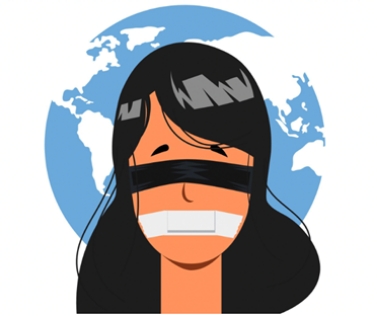




Directive principles of state policy lay down principles of governance and legislations for the state. although not enforceable by law, these provide critical guidance to any government in policy making and ensuring upliftment, dignity and protection of the citizens. Some of the directive principles are outlined herein.

While fundamental rights and directive principles of state policy place the onus on the state, fundamental duties are the obligations of the citizens to realize the constitutional objectives and uphold its values.

The following legislations have special provisions for safeguarding women and their interests

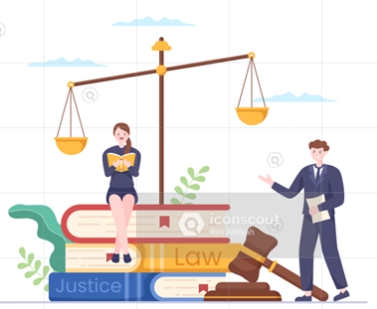
The Employee State Insurance Act, 1948
The Plantation Labour Act, 1951
The Family Courts Act, 1954
The Special Marriage Act, 1954
The Hindu Marriage Act, 1955
The Hindu Succession Act, 1956 with amendment in 2005
Immoral Traffic (Prevention) Act, 1956
The Maternity Benefit Act, 1961 (amendment in 1995, 2017)
Dowry Prohibition Act, 1961
The Medical Termination of Pregnancy Act, 1971
The Contract Labour (Regulation and Abolition) Act, 1976
The Equal Remuneration Act, 1976
The Criminal Law (Amendment) Act, 1983, 2013
The Factories (Amendment) Act, 1986
Indecent Representation of Women (Prohibition) Act, 1986
Commission of Sati (Prevention) Act, 1987
The Protection of Women from Domestic Violence Act, 2005
The Prohibition of Child marriage Act, 2006
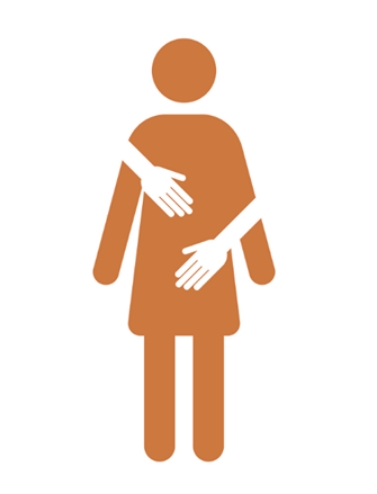
Popularly known as the POSH Act, the legislation addresses the issue of sexual harassment of women at workplace. It defines critical terms such as sexual harassment, workplace, aggrieved, respondent, etc. The Act brings not just particular actions but also certain circumstances under the purview of sexual harassment. It mandates the constitution of Internal Complaints Committee (ICC) in all workplaces as a statutory requirement. ICC bears the responsibility of addressing complaints against sexual harassment, facilitating the process of complaint, enquiry process and giving recommendations on the action to be taken to the executive authority. The Act lays down the roles and responsibilities of the employer, complainant and respondent. It also outlines mechanisms of interim relief during pendency of enquiry. Most importantly, the Act outlines the process and timeline of redressal of sexual harassment complaint in any workplace.
Based on the Act, UGC (Prevention, prohibition and Redressal of sexual harassment of women employees and students in higher educational institutions) Regulation 2015 were promulgated to address cases of sexual harassment in higher education institutions in India.

The act provides mechanisms for protection of children against various forms of abuse including sexual abuse and harassment, pornography, assault, etc. Notably, the act is gender neutral and includes male children within is purview. The knowledge of any offence under this act is to be mandatorily reported to the designated authorities. The act considers special circumstances of some children such as those suffering from mental illness and also when the abuser is a person of authority such as teacher, doctor as well as family. The act intends to protect the abused child from the grueling judicial processes by making the process child-friendly. This includes recording of statement, medical examination and protection of the child from the accused during the process. It assigns a police officer the role of child protector during the process of enquiry. National Commission for the Protection of Child Rights (NCPCR) and State Commissions for the Protection of Child Rights (SCPCRs) are made responsible to monitor the implementation of the Act.
The Act was amended in 2019 to enhance punishment under various sections. Possessing child pornography in any form or due to any reason was made a criminal offence. The amendment also enhanced the punishment for aggravated penetrative sexual assault to death penalty.
content-5
Copyright © 2022 | GATI Resources.in | All rights Reserved | Powered by Mobiquel